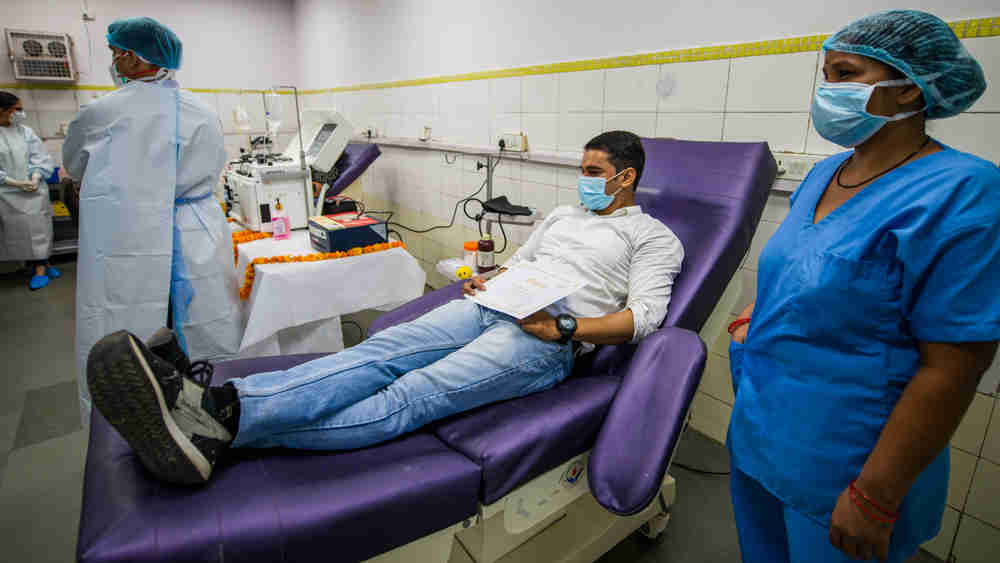The Supreme Court recently sought the Centre’s response to a plea seeking direction to operationalize the provisions of the Clinical Establishments (Registration and Regulation) Act, 2010 in order to ensure affordable and quality healthcare for all. It covers public and private establishments in every stream of healthcare. Its objective is to streamline health services while ensuring that hospitals do not engage in unethical practices. Pursuant to this, the CEA prescribes for mandatory registration of all clinical establishments, standardized services, price caps on facilities being provided, and the requirement of making the billing process transparent by displaying the rates of OPD services, diagnosis and surgical procedures in a templatized format.
The states were supposed to adopt the CEA under Article 252 (1) of the Constitution. Yet, it has not been notified in 18 states even after 11 years of its passage. This is because the bigger private hospitals have significant influence to coerce the government into not notifying the CEA or relaxing its rigours. A classic example of this was seen in Haryana where the government had to exempt hospitals having less than 50 beds from its rigours after the Indian Medical Association suspended the OPD services in all the private hospitals in opposition. Similar protests have also been witnessed in Uttarakhand and Andhra Pradesh. Many corporate owners are associated with organizations like the Federal Indian Chambers of Commerce and Industry as well as the High Level Group for the Health Sector under the 15th Finance Commission that are also vested with the responsibility of framing regulations for the private sector. Stringent regulation of the medical industry becomes difficult owing to such conflicts of interest.
Ironically, the government aims for universal healthcare, but not at the cost of antagonizing the private players. Although it has the power to withhold to force the corporates into complying with the CEA, it is still reluctant to exert pressure on them. This approach is also reflected in the National Health Policy of 2017, which is silent on such aspects as price fixation and the quality, rationality and strict enforcement of patients’ rights.
However, the government must regulate the medical industry owing to differential market realities. The information gap between the doctors and patients is immense because of the hyper-technical nature of the medical industry. This becomes even starker in the Indian context owing to significant illiteracy among patients and the dearth of doctors. Patients, especially in cases of medical emergencies, are unable to look for medical service providers that fit their medical needs and budgets because time is of the essence. This is a particular problem in India where patients avoid hospitals till push comes to shove. Even when patients have the requisite time, resources and information, they are unlikely to prioritize affordability or quality when it comes to choosing doctors or treatment procedures. Instead, they prefer doctors with reputation.
Although the government passed the Drugs (Prices Control) Order, 2013 to regulate the prices of medicine, data from the National Pharmaceutical Pricing Authority show that 45 per cent of the patient’s expenditure goes towards treatment procedures that are covered under the CEA.
The CEA is resisted by corporates. They argue that standard pricing will impact revenue detrimentally. Universal healthcare is a national goal. Given the immense potential of private hospitals, shunning them or letting them adopt a discriminatory approach towards the rich and the poor is impractical and unfair. Private hospitals ought to be made partners in the project of universalization of healthcare, especially since the medical industry is fraught with problems like overbilling by up to 1700 per cent which plunges 55 million people below the poverty line annually.
The Supreme Court has taken a positive step towards realizing universal health. The ball is now in the government’s court.










